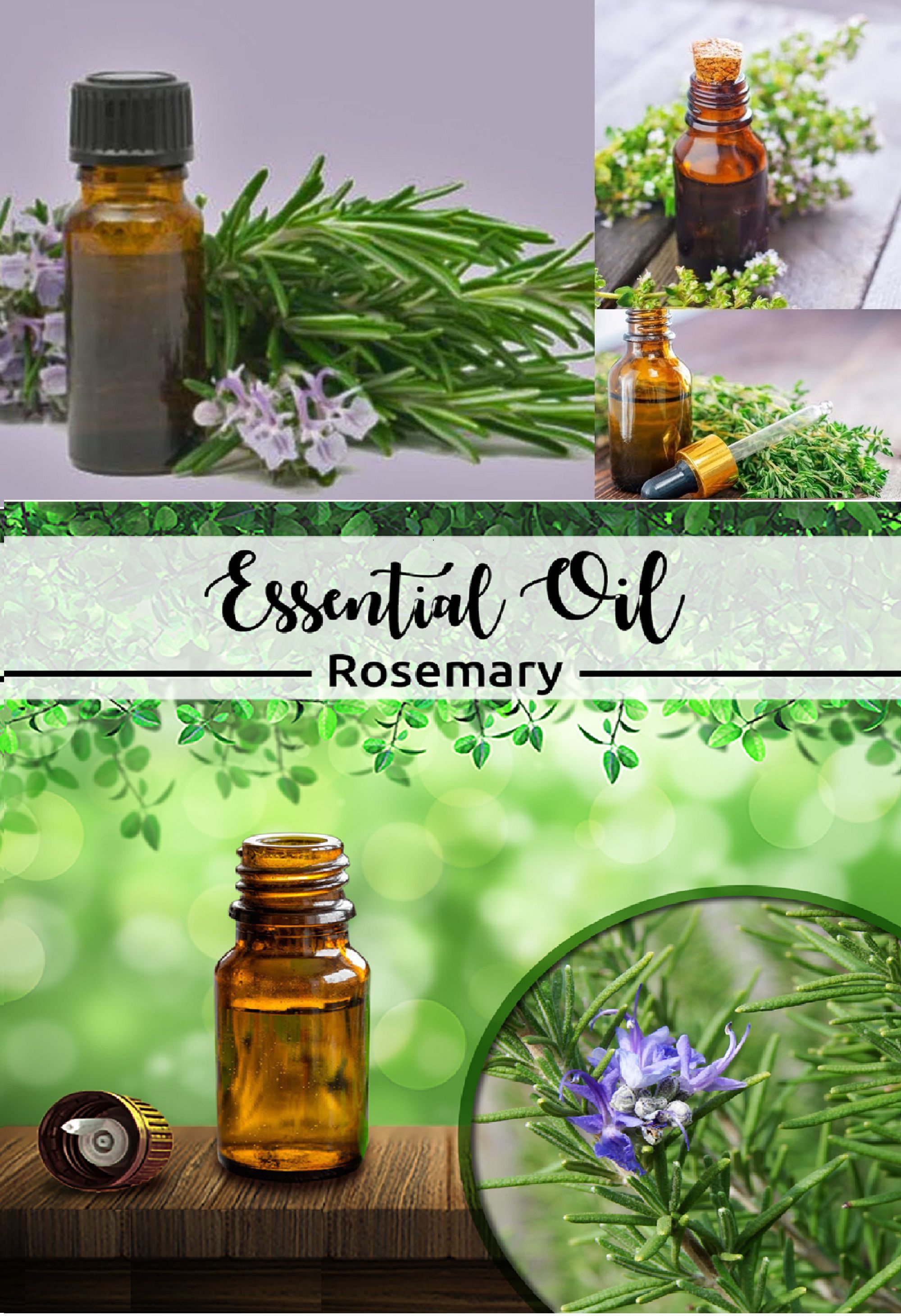

Thyme essential oil is known to help ease nervousness and anxiety, as well as boost your mood. Here are some ways this herb can help improve your health. It’s a serious powerhouse when it comes to staying healthy. Other Health Benefits of Thyme Essential OilĪside from its pain-relieving properties, thyme essential oil helps support the body in numerous ways. On the other hand, thyme is safe to use, and doesn’t come with any detrimental side effects. This all sounds great, besides the fact that NSAIDs and other COX-inhibiting drugs come with nasty side effects like cardiovascular and digestive problems. NSAIDs (non-steroidal anti-inflammatory drugs) reduce inflammation by blocking COX enzymes and reduce production of prostaglandins ( 4). The strategy of inhibiting COX-2 has been utilized by pharmaceutical companies for years. In a study from Japan’s Nara Women’s University ( 3), researchers found that one of thyme oil’s constituents, carvacrol, actually inhibits the cyclooxygenase-2 (COX-2) enzyme – part of the body’s inflammatory process that produces pain. How Does Thyme Mediate The Pain Response? Therefore, while thyme essential oil’s therapeutic effects continued for women throughout the second cycle (1.21 down to 1.14), ibuprofen’s pain-relieving effects decreased (1.48 to 1.68 from first to second cycle). Meanwhile, the ibuprofen group’s pain scores went from 5.30 to 1.48 in the first cycle, and 1.68 during the second menstrual cycle. The thyme essential oil group’s average pain scores went from 6.57 prior to treatment, to 1.21 during the first menstrual cycle tested, and 1.14 during the second menstrual cycle. The visual analogue scale (VAS) was used to rate their pain intensity. They were also asked to rate their blood flow.

Pain intensity was recorded at the beginning before treatment had started, and an hour after each dose, and 24 and 48 hours after they began the treatment.
#Thyme essential oil plus
Group three was given 25 drops of the placebo essential oil plus the placebo capsule.Įach participant was instructed to begin treatment on the first day of menstruation, with a dose every six hours. Group two was given 25 drops of 2% thyme essential oil, plus a placebo capsule per dose. One group was given 200 milligrams of ibuprofen per dose, plus 25 drops of a placebo essential oil.

The researchers divided the students into three groups of 28 each. – No pelvic pain during the other parts of the monthly cycle – It appears within two years of the beginning of menses The researchers added to their definition of primary dysmenorrhea, the following: Secondary dysmenorrhea indicates menses pain caused by a disorder like endometriosis, adenomyosis, uterine fibroids, or infection. The pain can range from mild to severe, can last around 12 to 72 hours, and can be accompanied by nausea, vomiting, fatigue, and even diarrhea. Primary dysmenorrhea is the medical term for those who suffer monthly menstrual cramps that are not caused by other diseases ( 2). Their ages ranged from 18 to 24 years old, and all of them were suffering from primary dysmenorrhea. The researchers tested 84 female university students who had reported difficult menstruation. Researchers from Iran’s Babol University of Medical Sciences have confirmed that thyme is not only a great pain-relieving herb, but it also reduces painful menstrual cramps better than ibuprofen ( 1). New research has found that thyme essential oil is also effective at reducing pain. Even Vicks VapoRub and Listerine mouthwash utilize the active ingredient in thyme (thymol) in their products. Thyme is one of the best antibacterial and anti-fungal herbs out there. It was used to medicate bandages before modern antibiotics, and back in the Roman era, it was consumed to prevent poisoning. Thyme essential oil has a long history of use as a medicinal healer and protector.


 0 kommentar(er)
0 kommentar(er)
